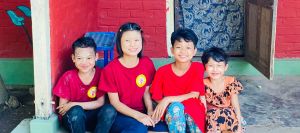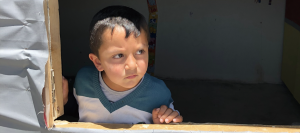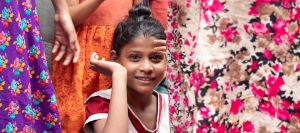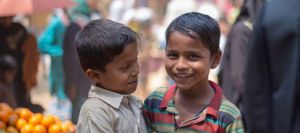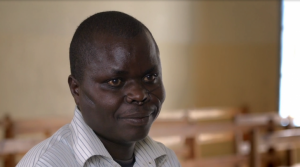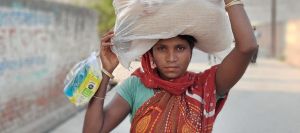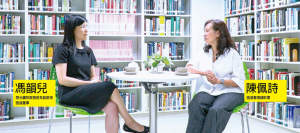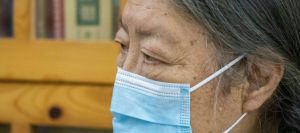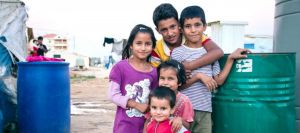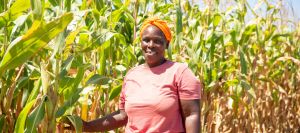
Agricultural Revolution in Progress
Written by Lai Ka Chun (Senior Programme Officer) ‘Around three years ago, my fields looked just like this,’ said James Shawa, a farmer from Zimbabwe, Southern Africa, pointing to a neighbouring cornfield with withered, yellow leaves. For days, he worried that he would not have a good harvest. However, when he adopted a new farming method, his corn grew after hard work and dedication. The crop James had wished for finally arrived. ‘We use the resources that the Lord has given us, and we receive His blessings,’ James said while putting freshly picked corn onto the firewood. Through the smoke, James and his children smiled. Nearly 70% of the African population rely on farming for a living. A


